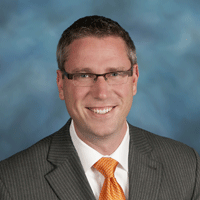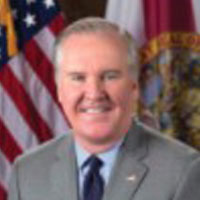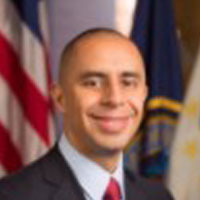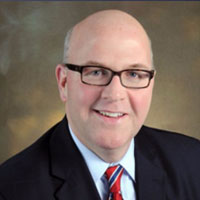Subscribe
Recent News

AI’s Impact on Elections: Assessing the Growing Threats and Solutions
News PostsCEO Debbie Cox Bultan joins Secretaries of State Jocelyn Benson and Adrian Fontes to discuss...

Statement from NewDEAL CEO Debbie Cox Bultan on President Joe Biden’s Decision to Exit 2024 Race
News PostsNewDEAL CEO Debbie Cox Bultan made the following statement on President Joe Biden's decision to...

New AI Task Force Convenes State and Local Officials
News PostsThe NewDEAL Forum announced a new AI task force convening state and local government officials...

NewDEAL Leaders to Co-Chair AI Task Force
News PostsNewDEAL CEO Debbie Cox Bultan made the following statement on the July 13th shooting in...










